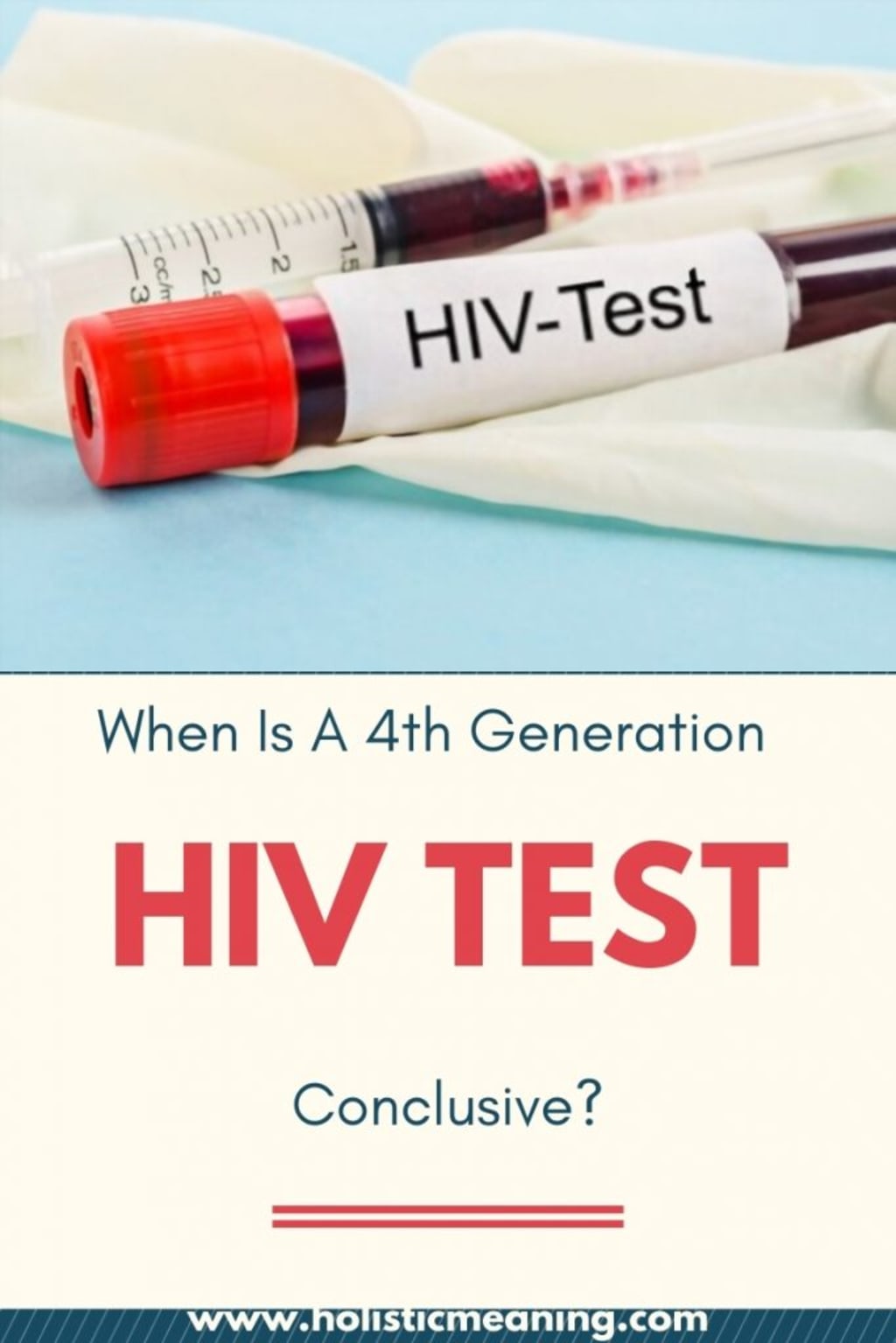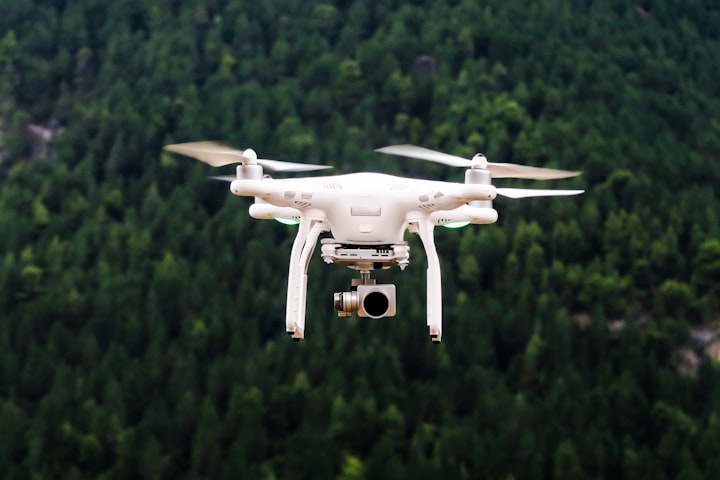When Is A 4th Generation HIV Test Conclusive?
Times when HIV antibodies are detected in the window period

Topic: When Is A 4th Generation HIV Test Conclusive?
First period PPE treatment window (Post Exposure Prophylaxis), Read the full article on When Is A 4th Generation HIV Test Conclusive below:
When the virus enters the body, it takes 72 hours to reach the lymphoid organs, representing the great reservoir where the HIV infection and spread phenomena occur. When these nodes are infected, the eradication of HIV is impossible.
In this case, as in a medical work accident, for example, it is indicated to take the "cocktail" of medicines, called Post Exposure Prophylaxis (PPE), that is, a therapy of three treatments, preferably within 6 hours following the risk situation and for one month, in this case, you must go to the medical emergency room of a large hospital, the sooner, the better if more than 72 hours have passed, this treatment is no longer effective, although you must go to the hospital preferably.
When Is A 4th Generation HIV Test Conclusive?
Second period ELISA test window: 4th generation HIV test
Nowadays, four generations are used in the majority of nearby medical centers, which detect antibodies earlier (reducing it in 4 to 10 days). The fourth-generation ELISA test (Fourth Generation Enzyme Immunoassay (EIA) test detects anti-HIV immunoglobulin and nucleus protein p24 antigen at the same time, both in the early and late phase, they have the novelty of decreasing the diagnosis of the window period (reducing it by 4 to 10 days), therefore a positive result, which must always be confirmed (generally with Western Blot).
Times when HIV antibodies are detected in the window period
Depending on the type of test, the window periods may vary. Taking this into account, it would be advisable to do the test, after the first 4 weeks (16 to 18 days) of the risk contact, to know the result and stay calmer or take appropriate measures, thus shortening the anguished waiting period and then repeating the test in most cases would be enough after 45 days or three months, depending on the type of test.
An antigen/antibody test performed by a laboratory with blood may detect HIV infection partially normally to 18 to 45 days after exposure, for it to be a total of 45 days must elapse, and the test is done, and then the result is definitive.
Antigen/antibody tests done with blood from a finger prick shall take longer to detect HIV (18 to 90 days after exposure); to be definitive, 90 days must elapse and be tested. When the goal is to ensure that a person does not have HIV, an antigen/antibody test performed by a laboratory using blood from a vein is preferred.
Taking pre-exposure prophylaxis (PrEP) or post-exposure prophylaxis (PEP) medications can also reduce the accuracy of the nucleic acid test if you have HIV. In HIV-infected people, antigens called p24 are produced even before antibodies.
Antibody tests can generally take 3 to 12 weeks (23-90 days) days to partially detect HIV infection; to be definitive, 90 days must elapse and be tested. The most rapid tests and tests to be done at home are antibody tests. In general, antibody tests using blood from a vein can detect HIV sooner after infection than tests done with blood from a finger stick, oral fluid, or urine sample.
Most rapid tests and residential tests are antibody tests. A nucleic acid test (NAT) can usually tell you if you are infected with HIV and that the test is reliable within 7 to 28 days after exposure. (They are very expensive, they are recommended in specific cases (explained below) and when the patient has symptoms of acute infection or primary infection, and they are not used regularly) (Source: CDC).
In fourth-generation HIV ELISA tests, the time to antibody development: 95% at week four and more than 99.9% at 6.5 or 42 days. (Source: Todosida)
At six months: It is too soon to have definitive information from a negative test result. If the 4th gen test is negative at 6 months after exposure, you are likely safe. To be sure, you may get an HIV nucleic acid test six months after exposure.
I wish you good health! - Have a diet rich in fresh vegetables, fruits, whole grains, milk and milk products, nuts, beans, legumes, lentils, and small amounts of lean meats. Avoid saturated fats.
Drink enough water daily so that your urine is mostly colorless. Exercise at least 150 minutes/week and increase the intensity of exercise gradually. Do not use tobacco, alcohol, weed, or street drugs in any form. Practice safe sex, if you have sex. Dr. Gurmukh Singh mentioned in one of his answers.
That's it for this article, like, comment and share with your friends and family. If you really like my work then you can send me a tip as a gift so that I can provide you such content.
About the Creator
Mustafa Rangoonwala
Hello Reader,
My Name is Mustafa Rangoonwala, I am an Holistic Practitioner since last 7+ Years. I am a Graphologist, NLPMP, Reiki Master Practitioner, Ganotherapist and Vastu Consultant.
I have recently joined Vocal..Support me !!!!!!





Comments
There are no comments for this story
Be the first to respond and start the conversation.